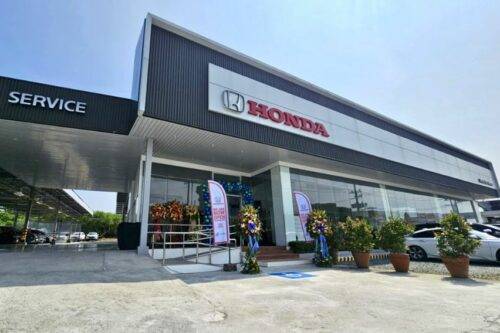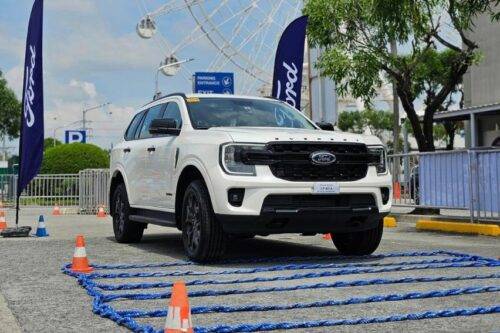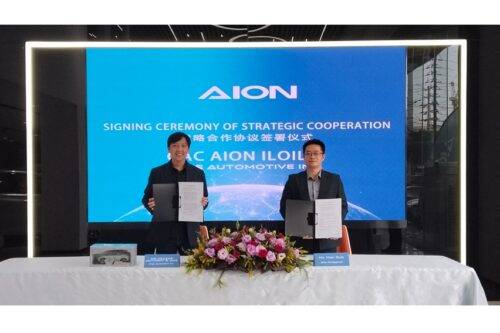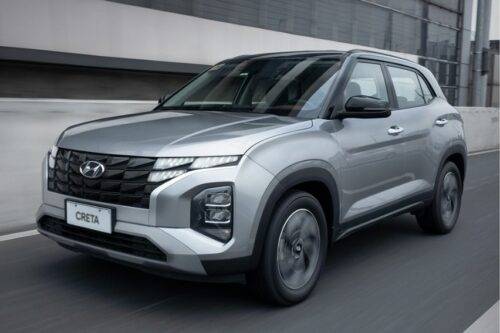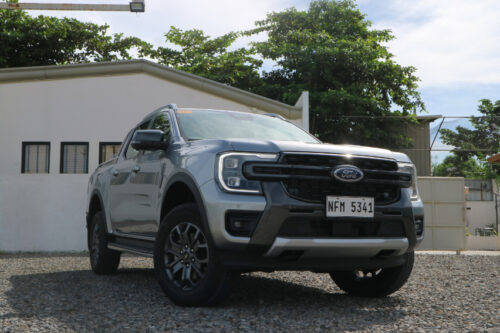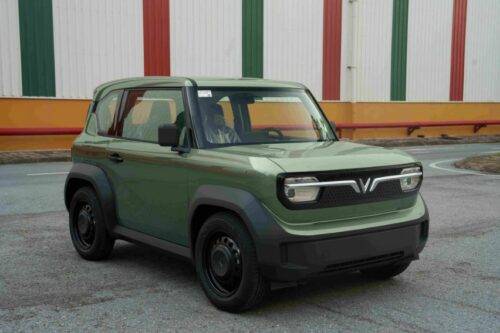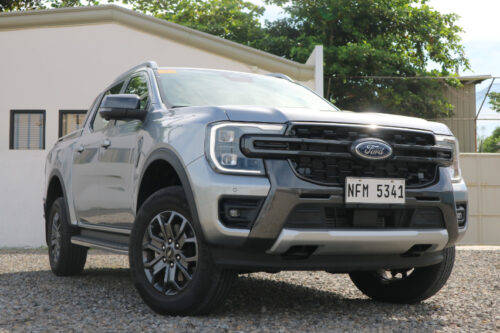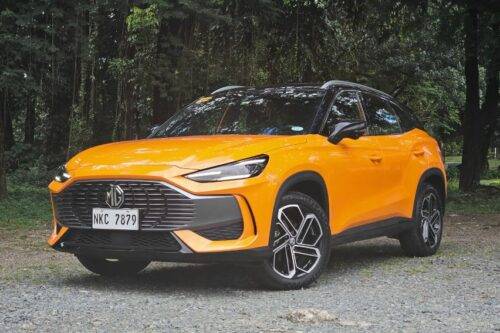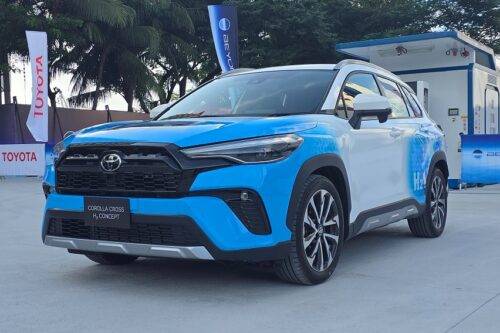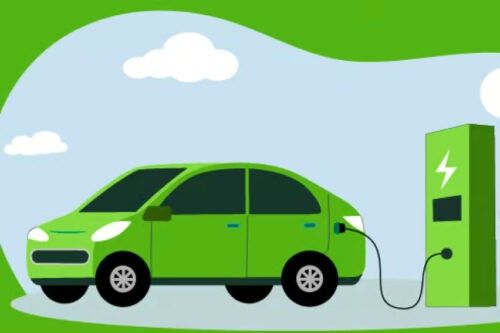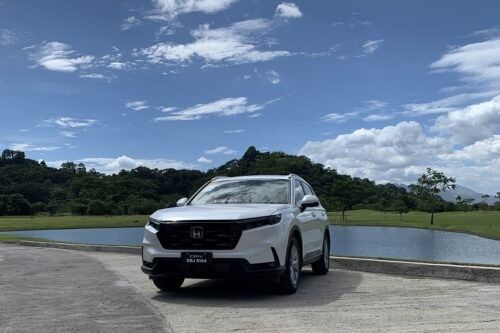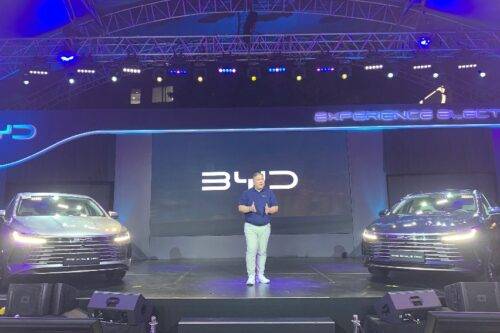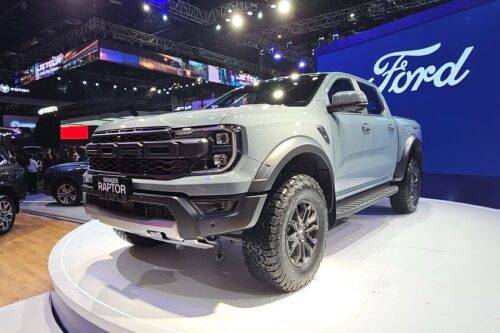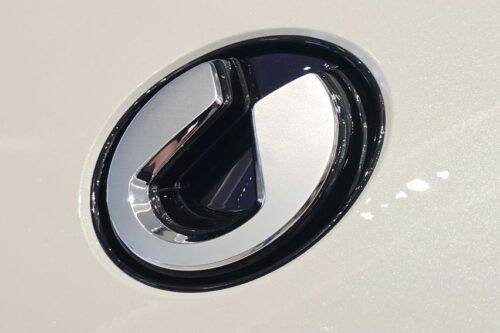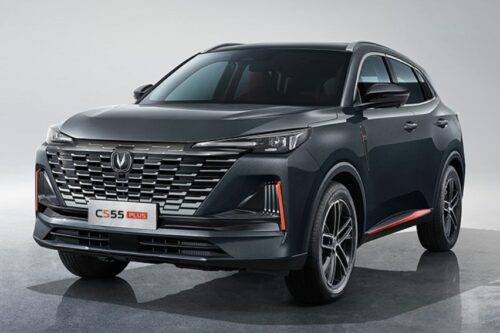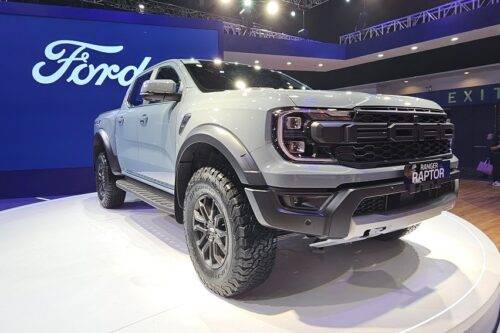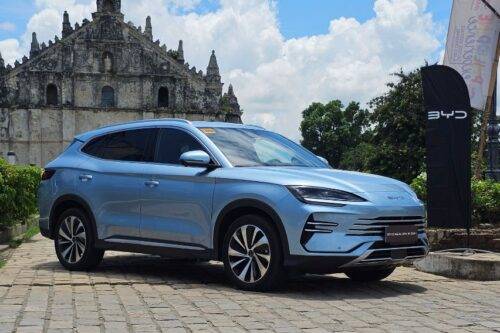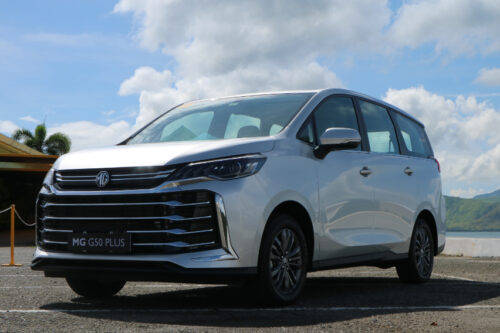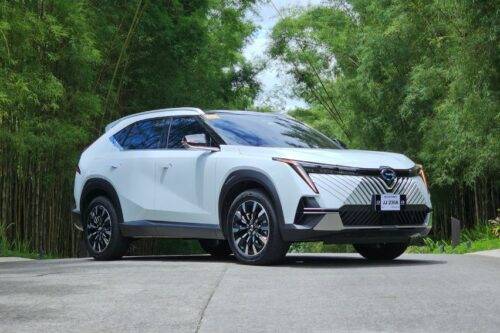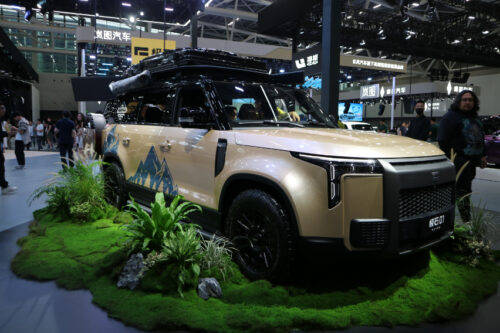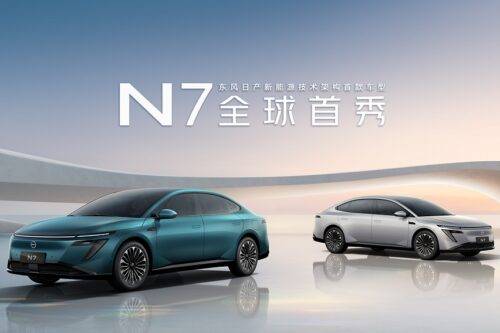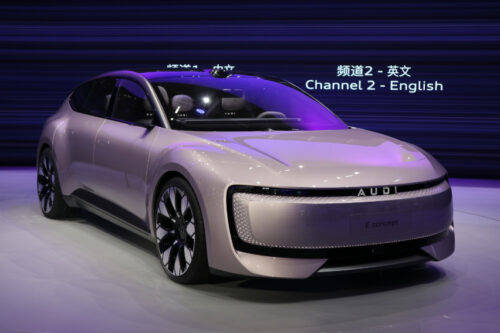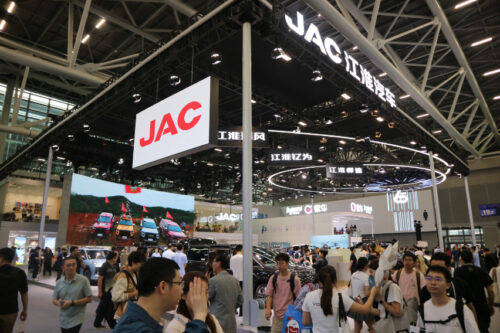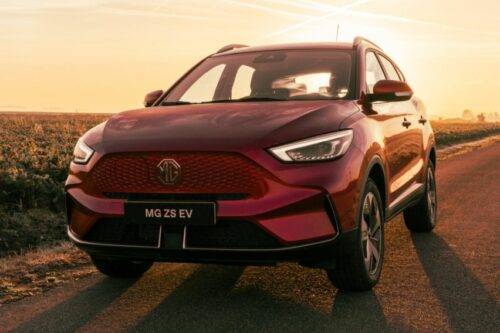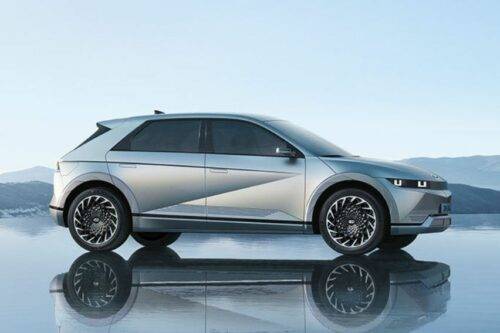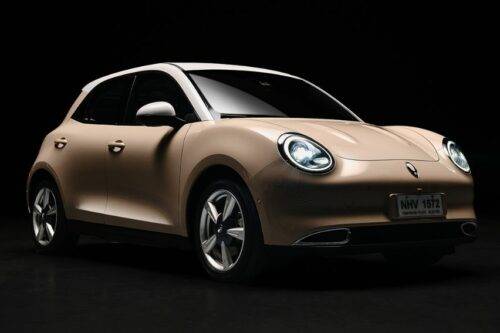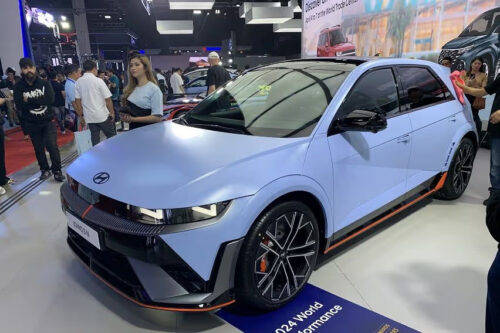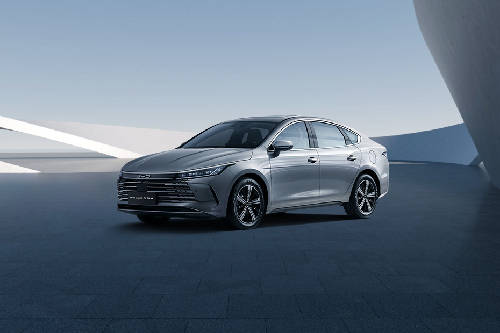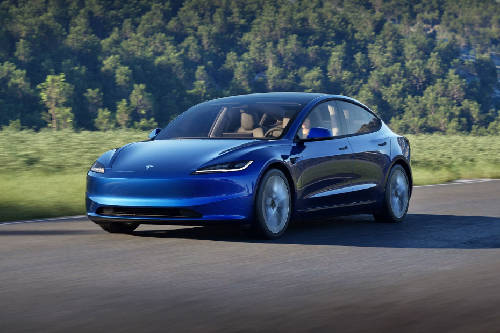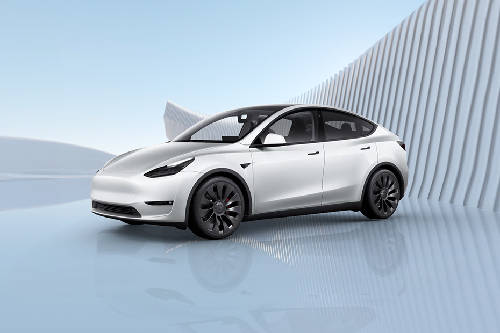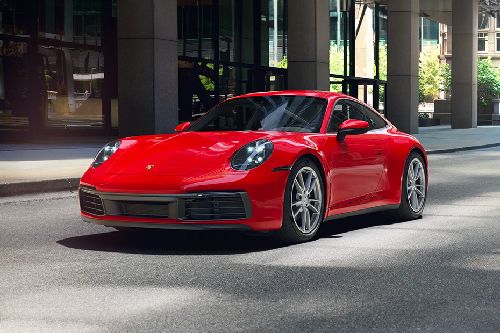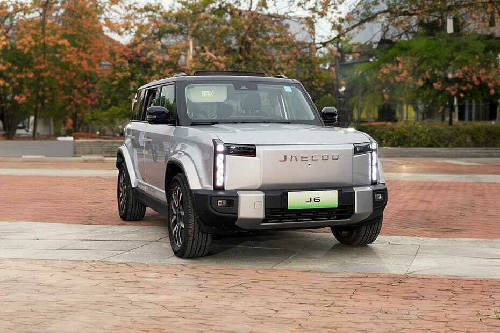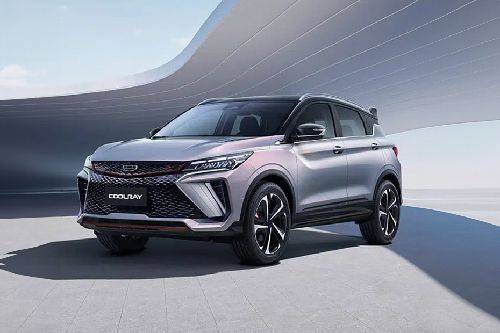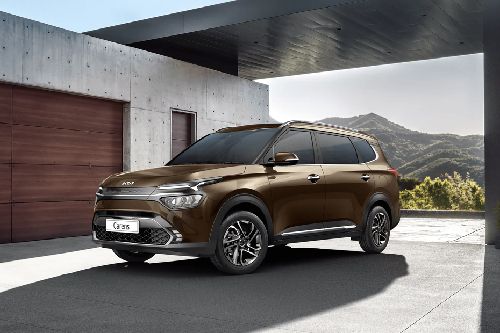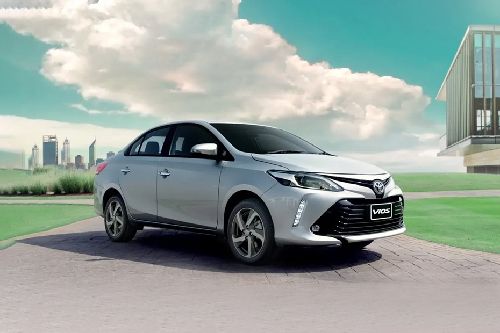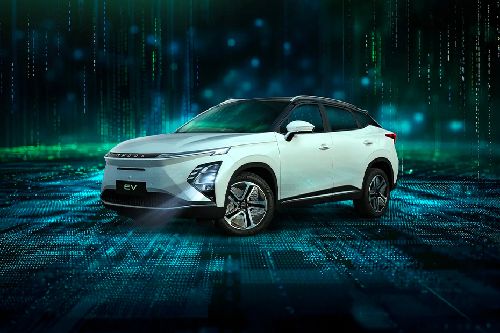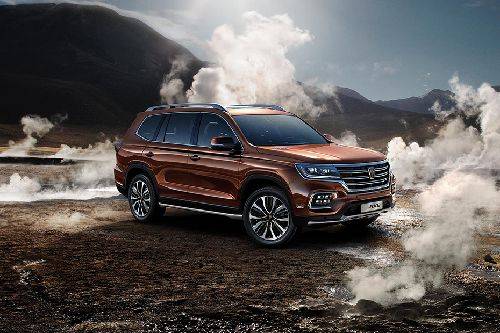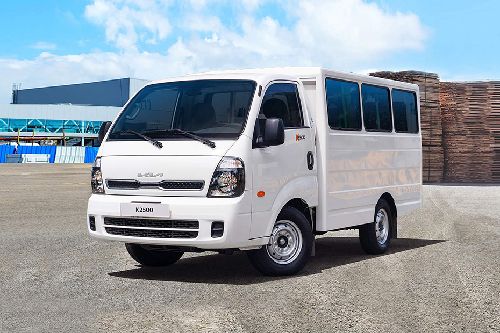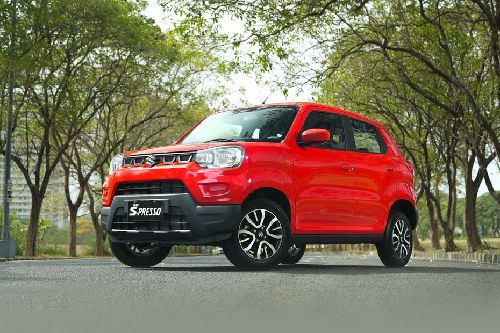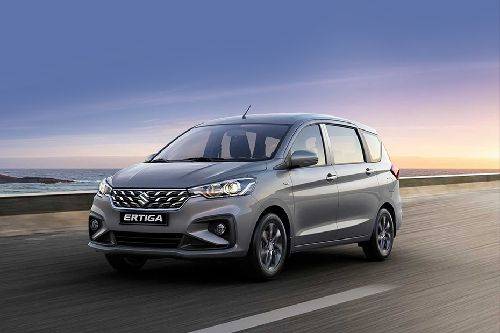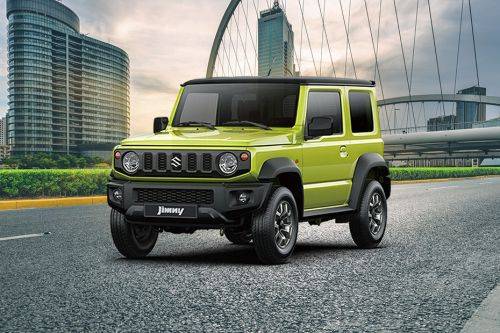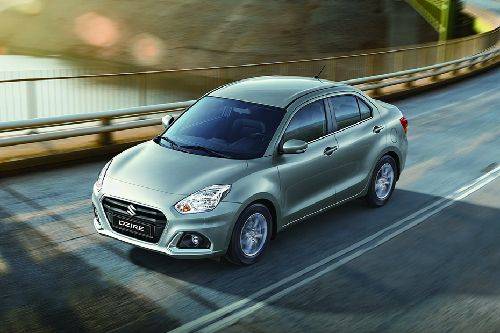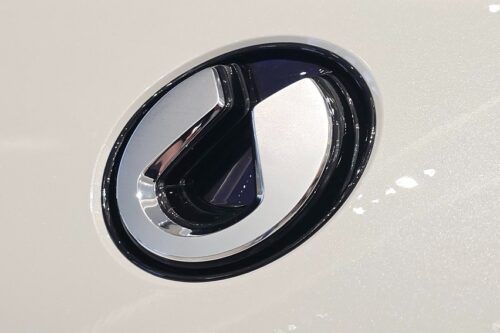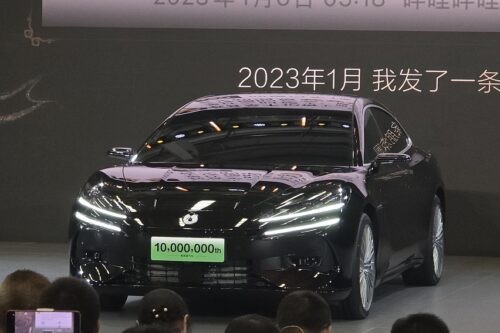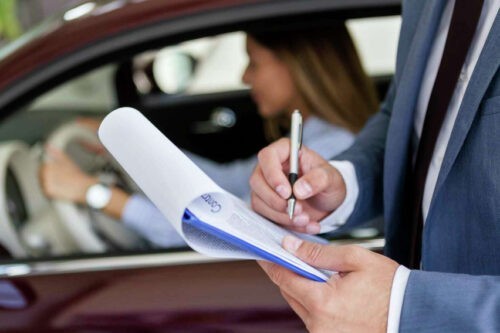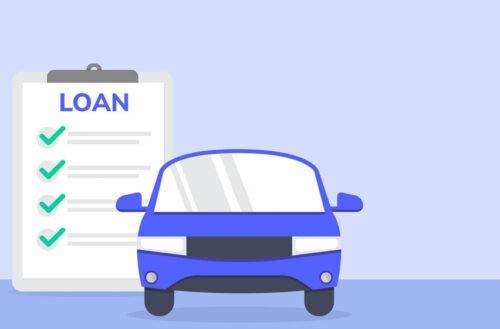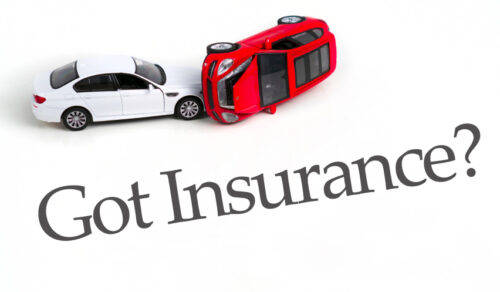Electric vehicles FAQs answered
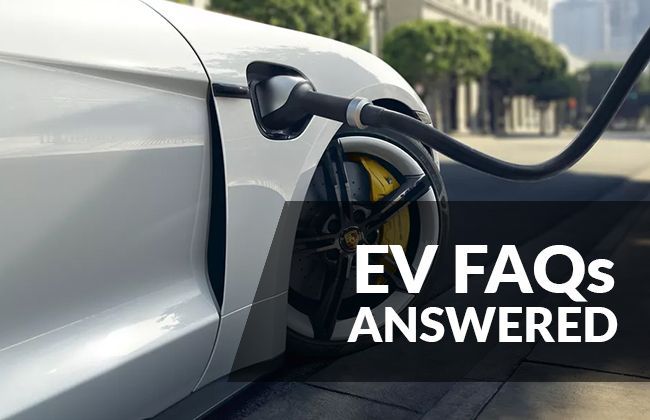
The rise of the electric vehicle (EV) trend has reached the Philippines. Various efforts towards promoting EVs in the country are in full swing, beginning with the government’s Public Utility Vehicle Modernization Program (PUVMP). The program was able to showcase the benefits and convenience of electric power by deploying EVs for public transport.
This resulted in an increased interest towards EVs, encouraging big automakers to introduce their lineup into the local market. Events such as the Philippine Electric Vehicle Summit held back in 2019 where Nissan, Mitsubishi, and Hyundai showcased their latest EVs for customers.
According to a study, the government plans on producing one million EVs in the country by 2030. There are currently 83 EV players with 54 of these being manufacturers and importers. According to the Department of Trade and Industry, there are currently 4,362 EVs registered in the Philippines as of December 2018.
However, despite the excitement surrounding the technology, there are still many questions and apprehensions towards EVs, as well as the country’s readiness to fully integrate EVs on Philippine roads. Not to mention, EVs are a whole different beast itself to manage and maintain. This is why we tried to answer the most common questions potential car buyers have about EVs.
Are hybrids and EVs the same?
The answer is no. A hybrid uses two mechanisms for power and propulsion. In most cases, that’s an electric motor and gasoline engine. This is meant to save the driver on fuel consumption while emitting less CO2 emissions compared to conventional petrol or diesel engine.
An electric vehicle, on the other hand, is solely powered by a stored electric cell. This doesn’t produce any CO2 emissions at all. This is still different from an all-electric vehicle (AEV) which allows cars to collect power from a grid or source. AEVs are typically zero-emissions.
What kind of battery does EV use?
There are two commonly used batteries in existing EVs today: lithium-ion (Li-ion) and nickel-metal hydride (NiMH) battery. European brands that have been manufacturing EVs are known to offer higher ranges compared to Asian builds. Toyota is currently working on developing a new generation of high capacity batteries with fast charge.
What is the range of a standard EV?
Most high-end EVs in the global market currently have a range of approximately 250 to 310 miles or more. The range for most EV variants are between 80 to 100 miles. However, in the Philippines, the EV with the highest range only goes up to 800 kilometers which is the Toyota Prius.
How many kilowatts/hour does an EV car battery consume?
The true test of an EV car is how many kilowatts/hour it is capable of. A low kilowatt/hour number also means lower distance and range. European EVs are typically capable of 62 to 90 kWh, while Asian EVs usually have 40 kWh.
Are there fast-charging stations in the country?
The answer is yes. As of 2017, Shell has installed over 100 fast-charging stations in their service stations around Metro Manila. With demand for EVs continuing to rise, so does the need for more accessible fast-charging stations. Most EVs usually come with a portable charging cable. Models with low watts and amps require the lowest charge.
Can we charge our EV at home?
The answer is yes, however it does come at a cost. Electric vehicle supply equipment (EVSE) can be quite pricey to acquire and install, even for models that have low wattage and charge. However, it does guarantee more convenience for the driver. One thing commonly overlooked by EV owners is how much backup power their car can run on before needing to take it to the nearest charging station.
How efficient an EV’s backup power storage before its power meter hits zero is just as important as how powerful the battery is.
Verdict
As EVs continue to penetrate the local auto market and customers ride the electric trend, there are many opportunities for the Philippines to explore and promote this emerging technology.
In the recent 2019 Electric Vehicle Summit, Hyundai Philippines encouraged the government to invest in manufacturing electric batteries, as well as creating an EV road map that determines which regions and areas will best benefit from electric technology.
Have you got your eyes set on owning an electric vehicle? Share with us your thoughts on our social media.
Also read: Can an EV go to an automatic car wash facility? - Full guide
Sell your car at the best price
 Verified and genuine buyers
Verified and genuine buyers
PIMS 2024
- Latest
- Popular
You might also be interested in
- News
- Featured Stories
- Latest
- Upcoming
- Popular
Latest Car Videos on Zigwheels

Car Articles From Carmudi
- journal
- advice
- financing
- insurance






